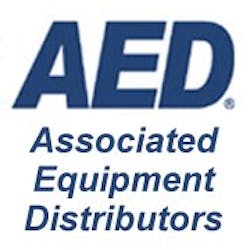AED responds to Right to Repair
I’m writing regarding the article in Construction Equipment entitled, “Construction’s right to repair movement intensifies.” While the article contains a detailed overview of the arguments made by right to repair proponents, the issue is significantly more complicated. Equipment dealers currently support customers repairing their own equipment, whether it’s by making available diagnostic tools, repair information, parts, and remote customer support. Most of our members’ parts sales are directly to customers and third-party repair providers to repair equipment outside the authorized dealer network. There are only limited number of repairs that can’t be completed by a customer or independent repair provider, and those deal with key safety and emissions functions.
If done incorrectly, these repairs can have serious safety and environmental implications. Additionally, the article didn’t mention a key component of the right to repair legislative proposals—the requirement that parts are sold at cost (no profit). If enacted with this parts language, which is government-imposed price fixing, it will decimate the dealer network, jeopardizing many small-medium sized companies and jobs throughout the country. There is no incentive for dealers, and OEM’s for that matter, not to do whatever they can to maximize a machine’s up-time. It just doesn’t make business sense to have dissatisfied customers.
In short, while “right to repair” is a simple slogan, for the equipment industry, it’s a solution in search of a problem with far reaching safety, environmental, legal, economic, and intellectual property implications.
--Daniel B. Fisher, SVP, government & external affairs, Associated Equipment Distributors
